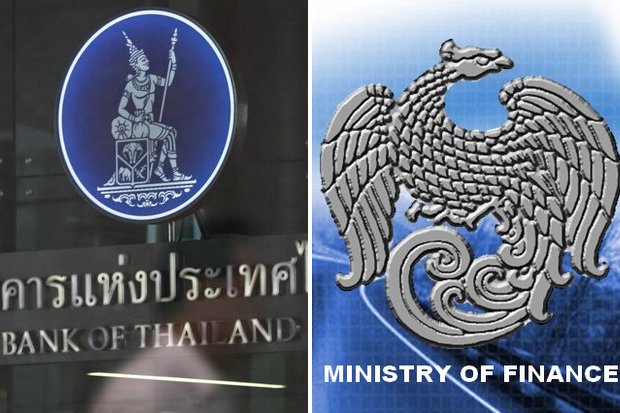
The Finance Ministry and the Bank of Thailand are conducting a study to set a framework for issuing licences for auto and motorcycle refinancing aimed at creating fair practices for consumers and encouraging low-income earners to shun loan sharks.
The study should be concluded soon, after which policymakers will allow interested operators to apply for licences, said Pornchai Thiraveja, financial policy adviser for the Fiscal Policy Office.
The study will include details of registered capital requirements and a maximum rate lenders can charge, Mr Pornchai said. Those with picofinance licences can also apply for auto and motorcycle refinancing licences, he said.
The move is meant to widen opportunities for those who want to seek more than 50,000 baht in loans, particularly grassroots people, in accessing formal financial sources. Picofinance operators are permitted to lend up to 50,000 baht per borrower.
Some folks who use cash-out vehicle refinancing services are charged high interest rates, and the licence issuance will help address this problem, Mr Pornchai said.
As of the first half of this year, total auto refinancing loans amounted to 200 billion baht, with more than 1,000 small, mid-sized and large operators and 3 million borrowers.
Rooting out loan sharks is a government priority to help low-income earners avoid underground lending. The administration is also encouraging loan sharks to enter the formal lending system through nanofinance and picofinance licensing.
Nanofinance operators can lend only for occupational purposes, with a lending limit of 100,000 baht per borrower, and they can provide lending services across the country. Nanofinance operators must have minimum registered capital of 50 million baht.
Picofinance operators are permitted to lend for general purposes but are limited to loans of 50,000 baht per borrower. Operators are required to have minimum registered capital of 5 million baht and confine their operations to a particular province. Both segments can charge a maximum interest rate of 36%.
Mr Pornchai said the Finance Ministry amended a ministerial regulation governing picofinance, allowing these operators to offer auto and motorcycle refinancing as authorities consider auto refinancing licences, but their lending amount remains capped at 50,000 baht per borrower.
There are 287 picofinance operators in 60 provinces across the country that have been granted licences, he said.
Some 256 are already operating a lending business, and their cumulative lending was 68 million baht with 26,500 accounts. A mere 2.69% of the loans outstanding turned sour.